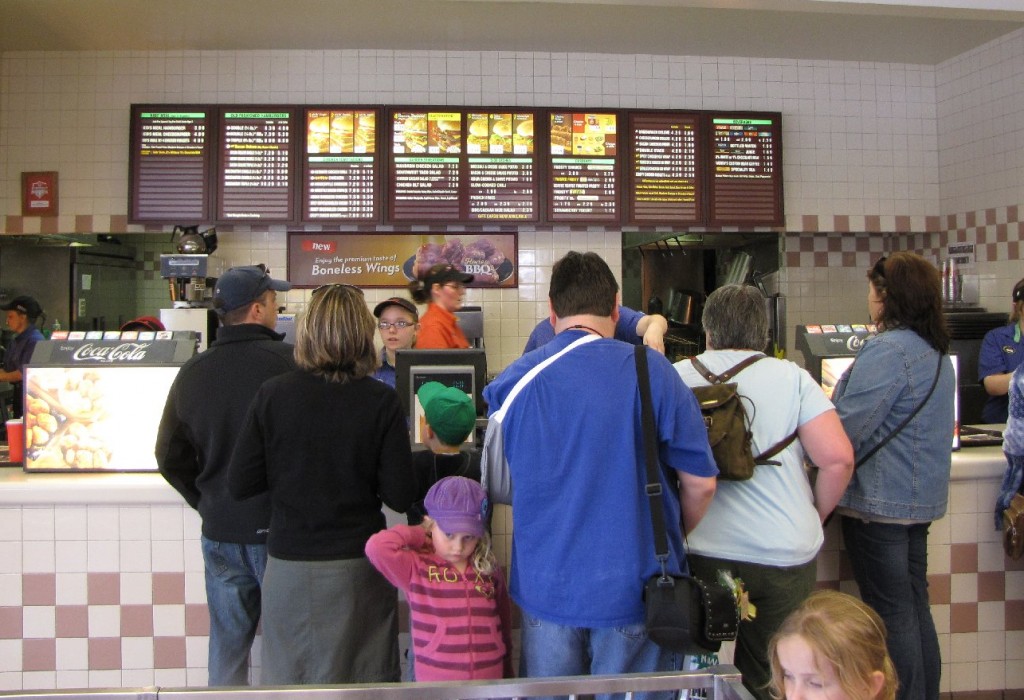California's lowest-paid workers received some much welcomed news this week when state lawmakers approved a hotly contested bill to gradually bump up the minimum wage to $10 an hour.
The legislation, which Governor Jerry Brown has already promised to sign, will hike the state's minimum wage to $9 by next July and $10 by January 2016, an increase of 25 percent. It's the first statewide increase in six years, and will give California the highest minimum wage in the nation. Currently, Washington State leads the way, with a minimum wage of $9.19 an hour. California also trails Vermont and Oregon.
See a full list of minimum wages by state
The pay hike is expected to directly impact roughly two million low-wage workers in California who earn less than $10 an hour, including about 1.5 million full-time employees (who earn under $20,800 a year), according to a Sacramento Bee analysis of data from the U.S. Census Bureau's, 2011 American Community Survey. Currently, a full-time worker in California earning the minimum wage makes $16,640 a year, just above poverty wage.
California's imminent pay hike comes amid intense wage debates across the country, including nationwide protests by fast-food workers pushing for an industry standard of $15 an hour.
Introduced by Assemblyman Luis Alejo, D-Salinas, California's wage bill was split sharply along party lines, as lawmakers battled into the final hours of the legislative session on Thursday night. The bill's overwhelmingly Democratic proponents claim that a wage increase is a life-saver for struggling low-wage workers trying to support their families, and contend that there is no historical evidence to suggest that it will reduce jobs. On the contrary, they argue, a pay increase will reduce employee turnover and stimulate local economies by putting extra cash directly into the hands of low-wage workers.
